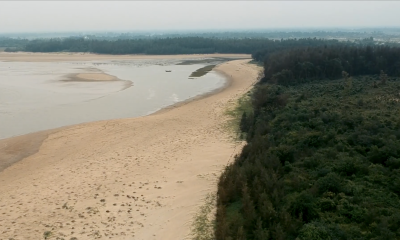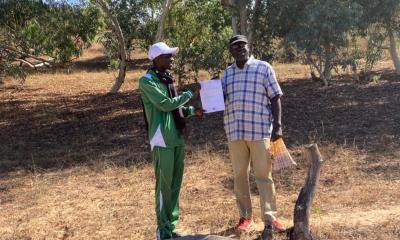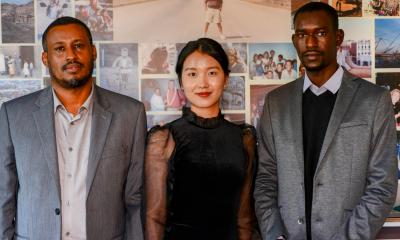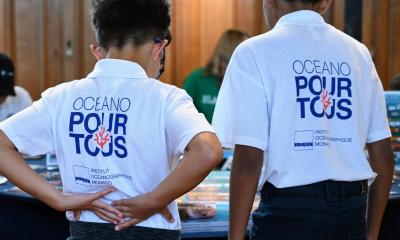Foundation supports new research in the ‘Third Pole’ by Chinese IPCC Scholarship awardee
2022 Jun 27
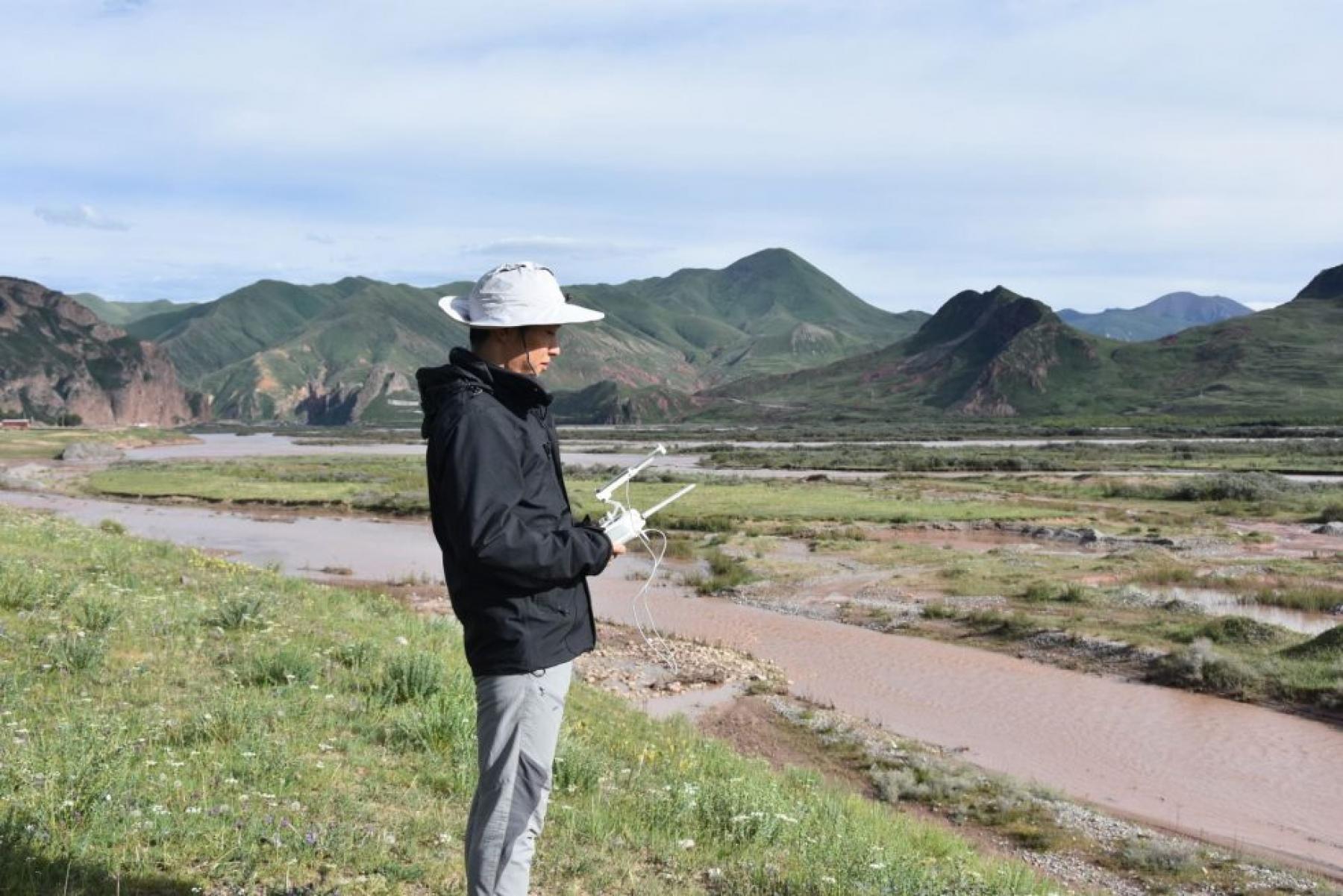
Dr. Dongfeng Li of China is a previous recipient of the 2017-20 IPPCC Scholarship Programme, having received funding from the Cuomo Foundation for his doctoral thesis entitled “The response of water and sediment flows to climate change in Asian highland rivers.”
Three of Dr. Li’s research papers were cited in the recently released IPCC’s AR6 Working Group II Report.
In 2013, the Foundation began funding the IPCC Scholarship Programme for Climate Change Research, and it has now agreed to fund Dr. Li’s new postdoctoral research project. Dr Li originates from the province of Hebei in the North China Plain. Dr. Li’s research takes place in the High-Mountain Asia (HMA) region, also known as the “Third Pole.” This region, along with the Arctic and Antarctic, has the world’s largest ice and snow reservoir. High Mountain Asia is also the source of more than ten major Asian rivers, earning it the moniker “the Asian water tower.” These vast white masses are also a valuable source of water, sediment, nutrients, and organic carbon for downstream ecosystems, meeting the vital needs of the approximately 2 billion people who live there.
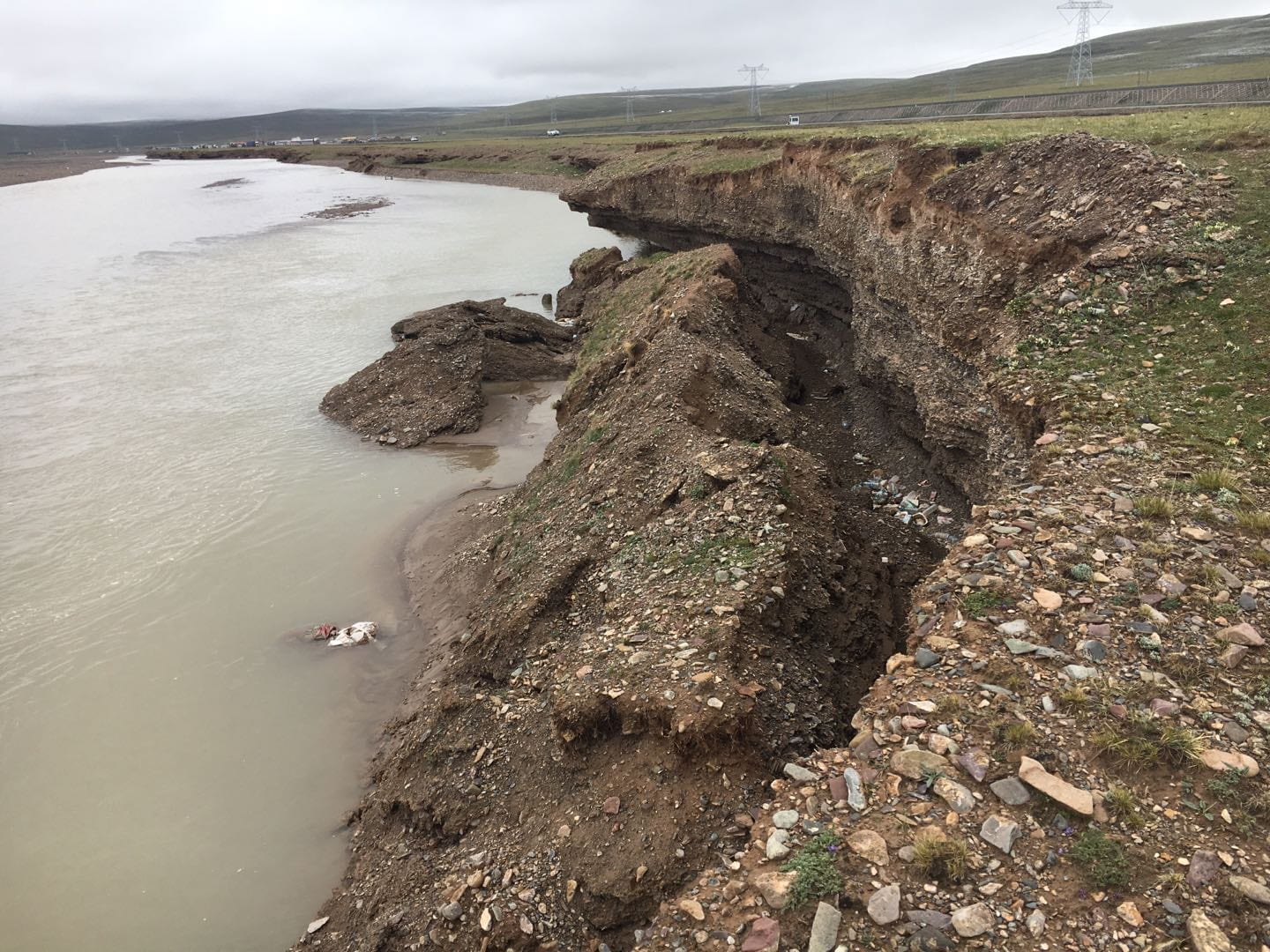
Bank erosion of the Buqu River, Central Tibetan Plateau © Dongfeng Li
Alarmingly, the region’s air temperature has risen by 1.9 °C at a rate of 0.32 °C per decade since the 1950s. This is more than double the global average (0.16 °C per decade), and it has already exceeded the 1.5 °C target set by the COP 21 Paris Agreement. According to Dr. Li’s preliminary report, the area of Asian glaciers has been steadily receding in recent decades as a result of this dramatic warming. For example, the rate of ice loss more than doubled between 2000 and 2016 compared to 1975-2000. Rapid melting poses significant risks, such as glacial debris flows and glacial lake outburst floods. Increased glacial hazards can exacerbate fluvial sediments and the nutrients, contaminants, and organic carbon they contain. It is a situation that has the potential to harm public safety, water quality, aquatic ecosystems, and hundreds of hydropower reservoirs built in the basins of these major rivers.
Dr. Li points out that, despite their societal implications and scientific interest, little is known about glaciological hazards due to the difficulty of observing these phenomena in such remote regions and the complexity of hazard cascade processes. This new research entitled ‘Climate change, glacial hazards and sediments dynamics in high Mountain Asia’ aims to provide important insights into the full complexity of these endangered ecosystems and their potential impact on billions of people. The Cuomo Foundation has agreed to fund Dr Li’s latest project as part of its ongoing commitment to supporting former IPCC recipients become more knowledgeable in their professional scientific fields and to use that knowledge to the benefit of mankind.
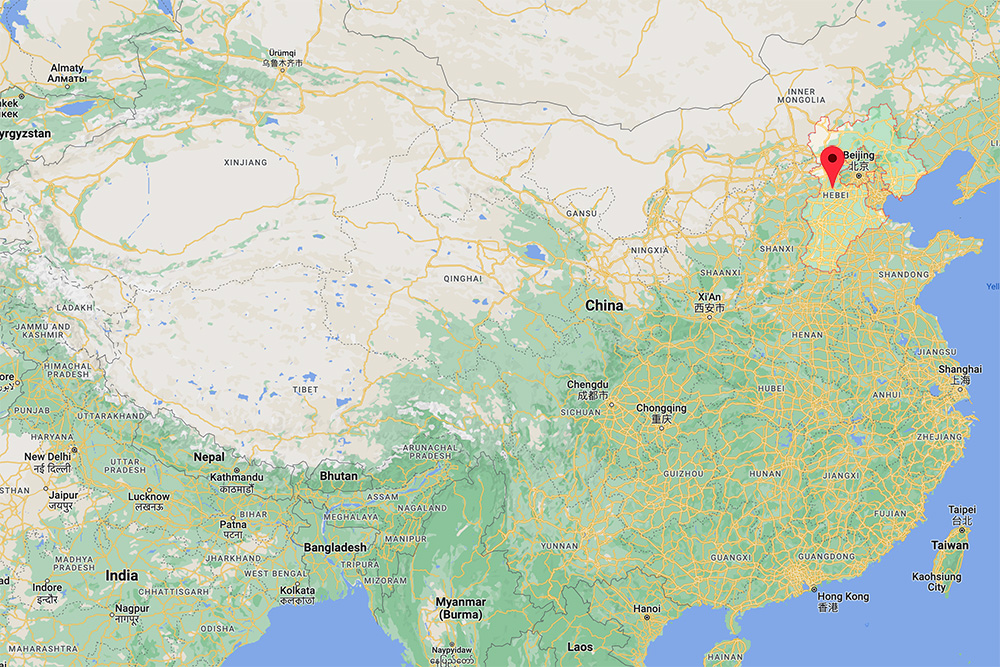


 Français
Français